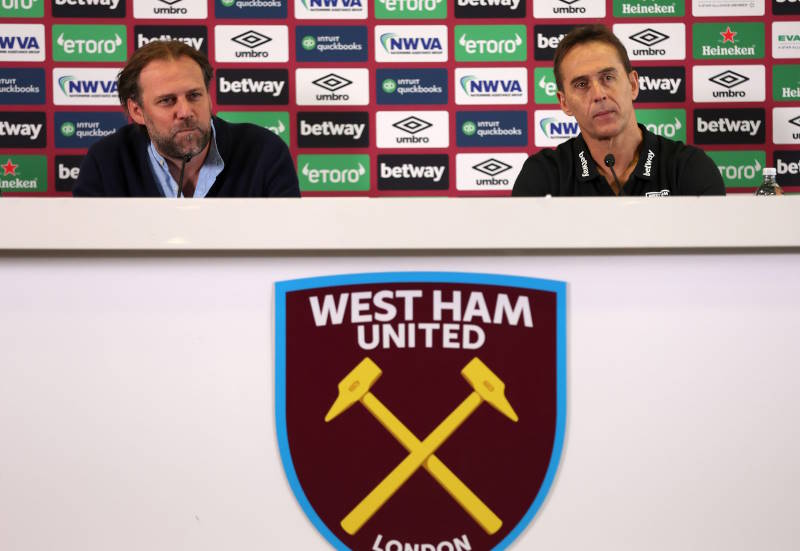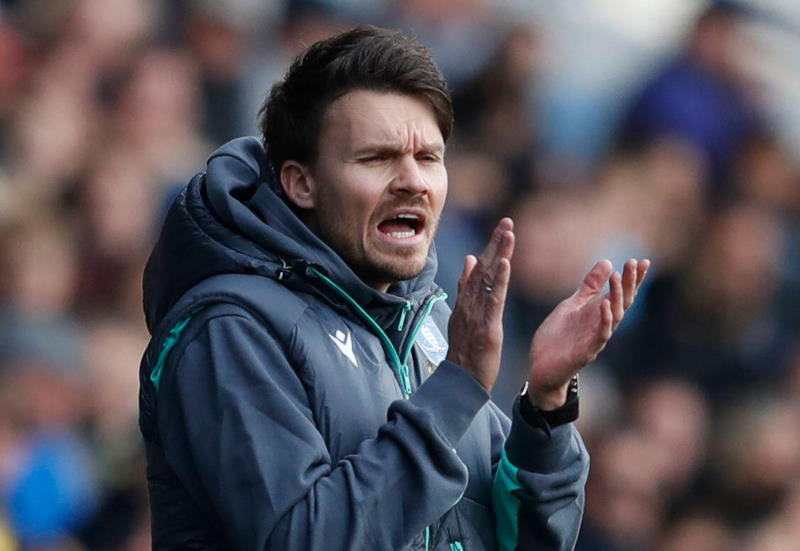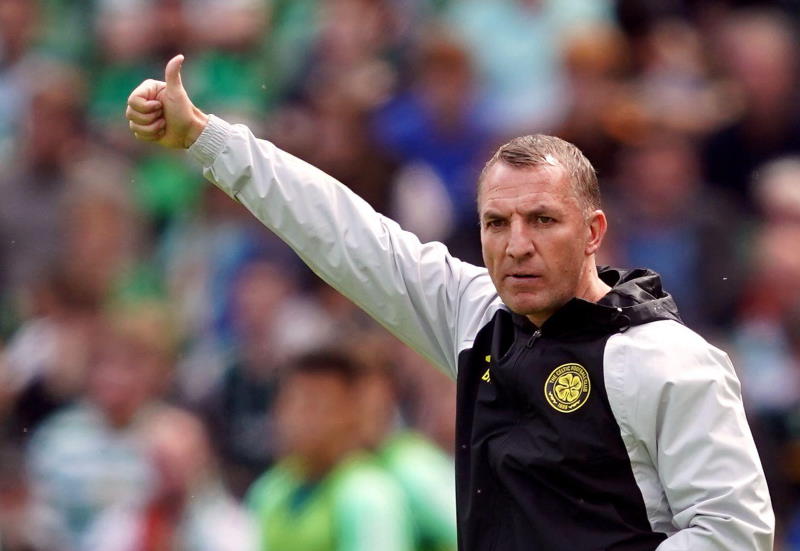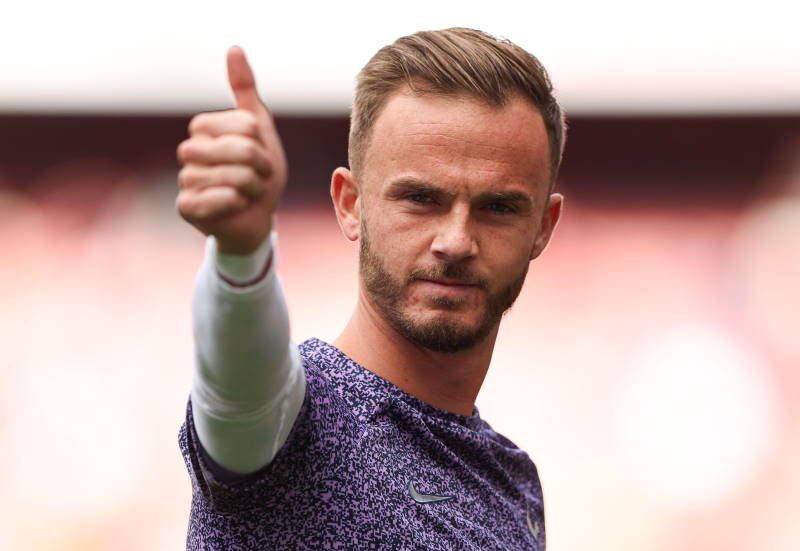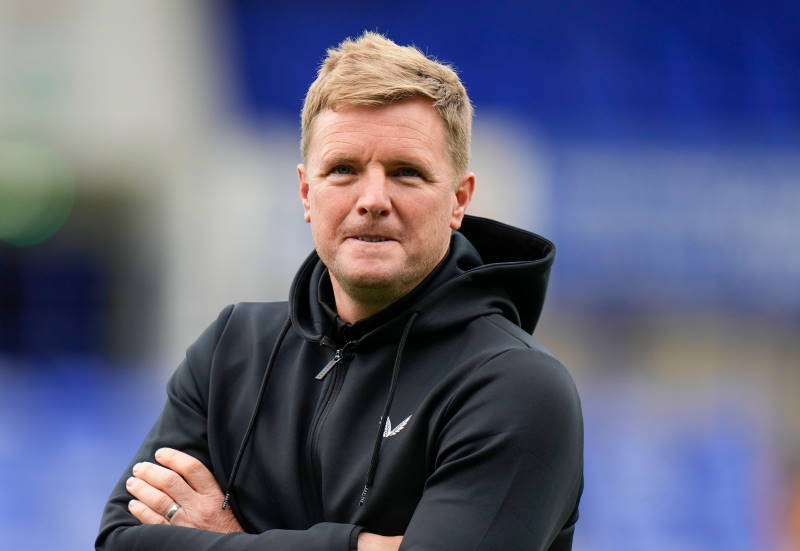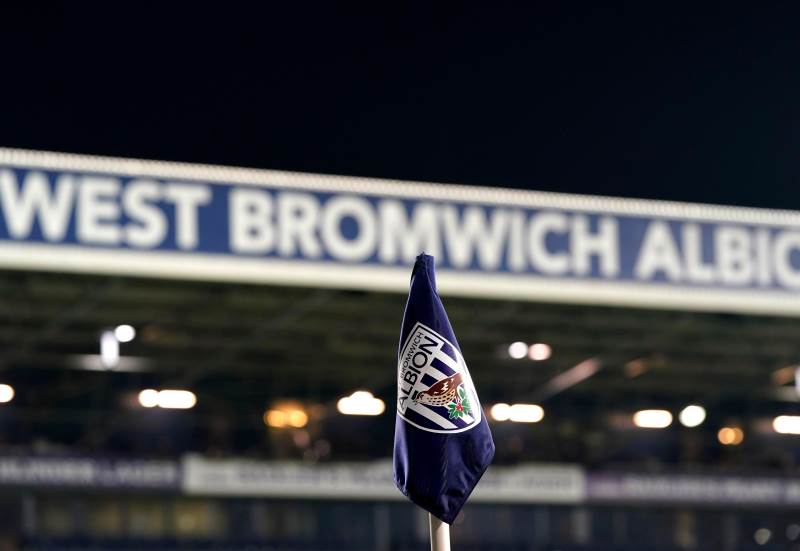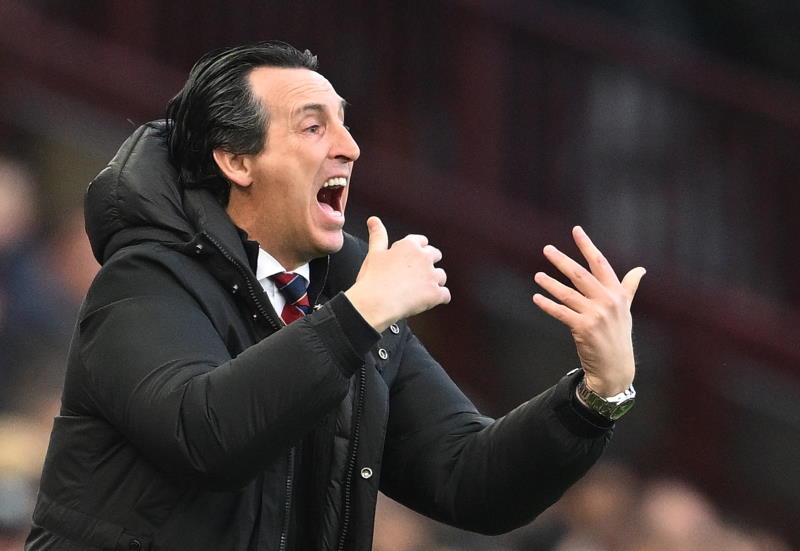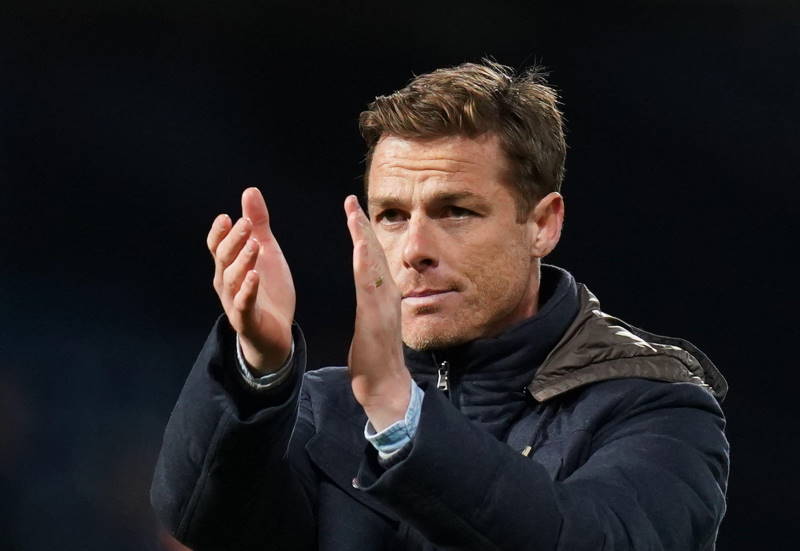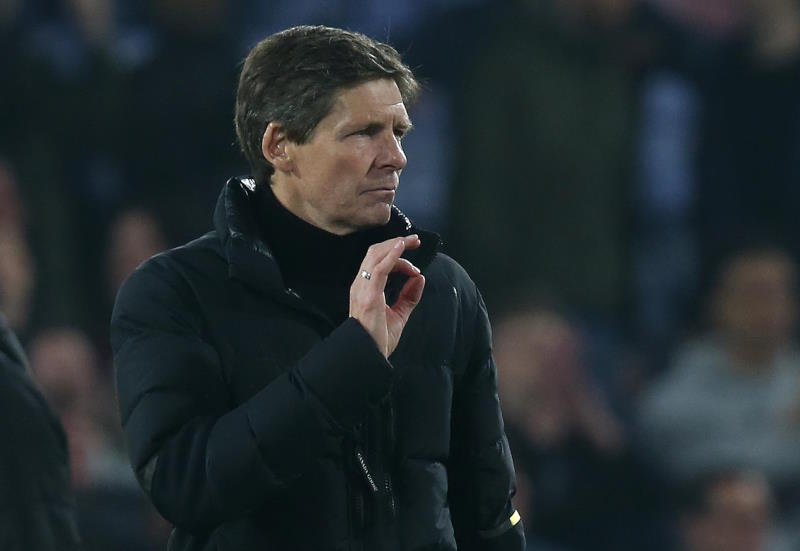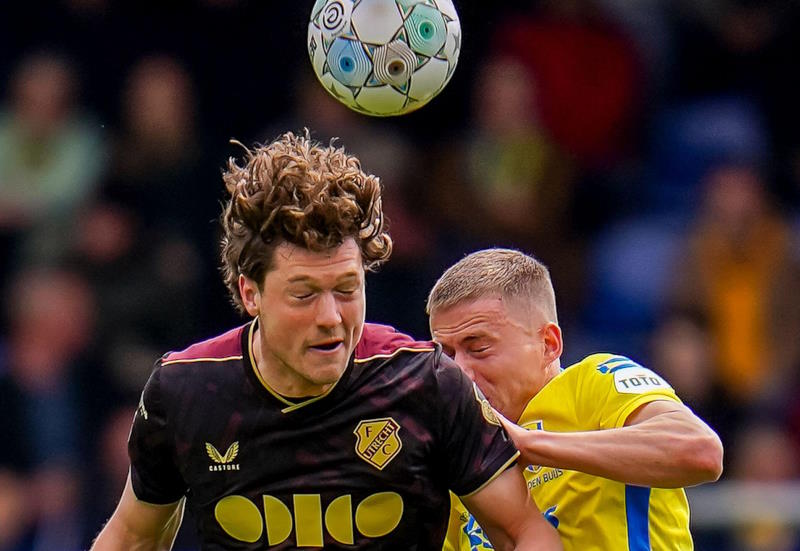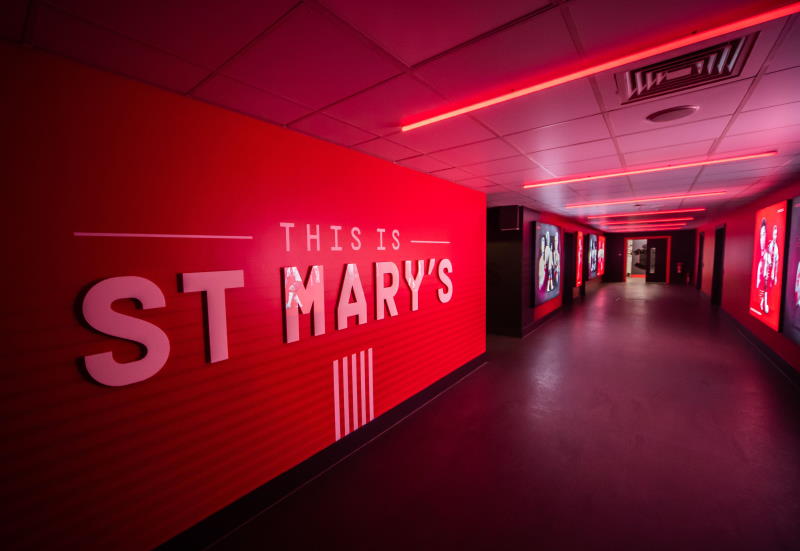
Gareth Maher
For the second year running Bohemians were the team to beat in the League of Ireland as they ended the season as double winners.
The pressure was certainly on from the very start as The Gypsies attempted to win back-to-back titles for the first time in their long history, although they had a trump card to use in manager Pat Fenlon.
Having retained a title when in charge of Shelbourne, the 40-year-old was the ideal man to lead the Dublin club even though they were carrying the weight of being favourites. Some shrewd signings (Brian Shelley, Paul Keegan, Joseph Ndo) allowed him to add some extra quality to a squad that was already deemed the best in the league.
With the Premier Division stripped down to just ten teams, each club faced each other at least four times. However, some met in the cup competitions as well, which meant they played six or seven games against the same opposition. The element of surprise quickly faded, but the level of competitiveness only increased.
Bohs discovered this in the first game of the season when they took on newly promoted Dundalk at Oriel Park. It was a match that Fenlon’s team were expected to coast through, but had to settle for a single goal from Ndo as they found themselves being dragged into a scrappy game.
The quality of football did improve over the course of the campaign, although that fiesty flavour remained just as strong throughout the year.
The off-field problems that certain League of Ireland clubs have suffered over the past few years resurfaced with Drogheda United lifting themselves out of examinership just in time for the new season. But new manager Alan Mathews only had two weeks in which to assemble an entire squad, so his ability to save them from relegation says a lot about his managerial capabilities.
Cork City also got dragged into financial difficulties and were minutes away from slipping into extinction before they got out of it. Again, the expertise shown by their manager Paul Doolin in guiding them to a third place finish suggests that other leagues should be taking a closer look at some of the managers in the Irish game.
Perhaps the biggest feel-good story of the season was the remergence of Shamrock Rovers as one of the top clubs. The Hoops are the most successful club in the League of Ireland, but were homeless for over 20 years. That all changed this term as they finally moved into the Tallaght Stadium, where they hosted Real Madrid in a friendly.
Rovers, with a new stadium and a new manager in Michael O’Neill, had one more big surprise – a new goalscorer. O’Neill signed Gary Twigg from his former club Brechin City and the striker established himself as an instant hero with the club’s supporters due to his superb strike-rate. He hit 24 goals in the league to top the scoring charts and also scooped the PFAI Player of the Year award.
As they grew from strength from strength, so did their locals rivals, Bohemians. That resulted in an exciting run-in to the title race, which was only settled on the final day as the trophy stayed in Dalymount Park.
The league campaign did end on a sour note though as Derry City were expelled after the FAI discovered that they were operating a dual contract system for their players. The club’s board resigned over the saga and they will apply for a First Division licence for next season.
Bray Wanderers were also demoted after they lost the promotion play-off to Sporting Fingal, who also won the FAI Ford Cup after staging a late comeback to beat Sligo Rovers in the end-of-season showpiece event.
With the Setanta Sports Cup stretching into 2010, the only other piece of silverware that was handed out was the EA Sports Cup that Bohemians won after edging past Waterford United in the final.
While there are still some issues for the FAI to address in the off-season, excitement is already starting to build ahead of next season especially since Rovers are now expected to challenge Bohemians from the very start of the campaign.
Related Articles:
- – Sponsor Collapse Adding to AZ Alkmaar Problems
- – Croatia Changed Forever by Maksimir Moment
- – What If? Reformed Yugoslavia Super Team

